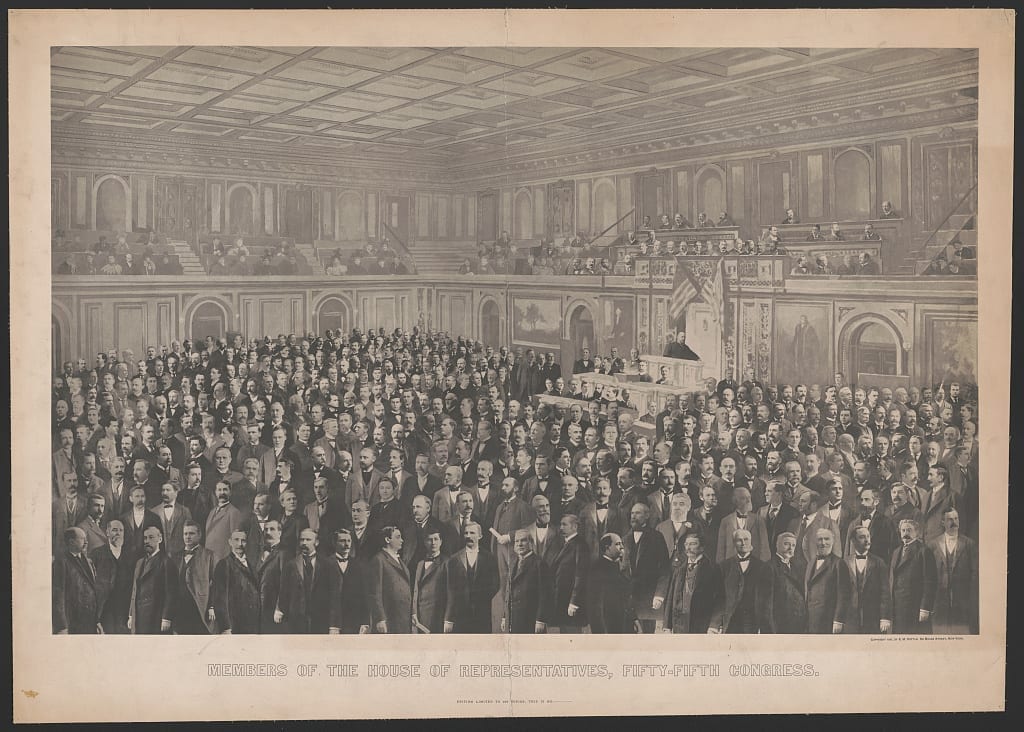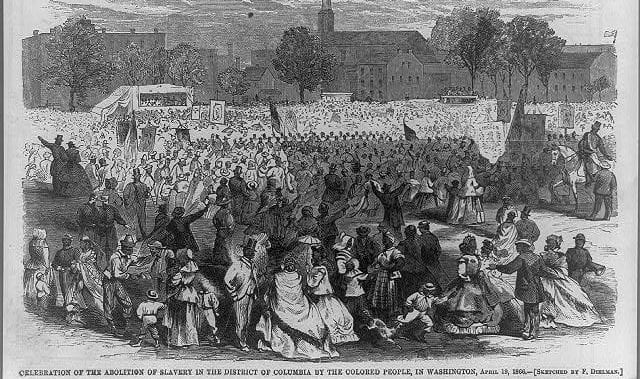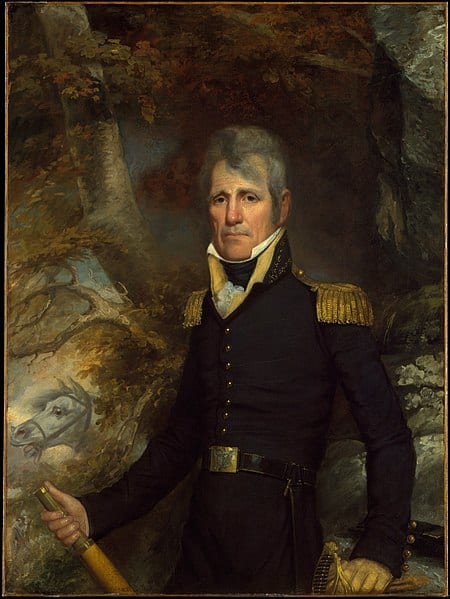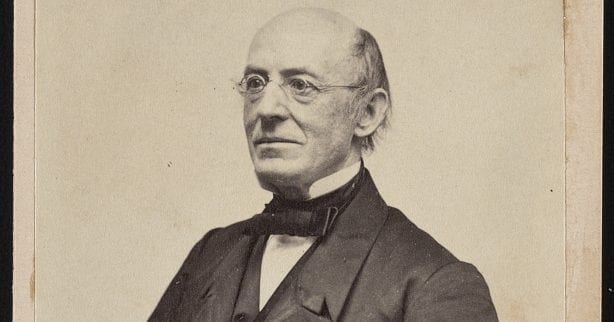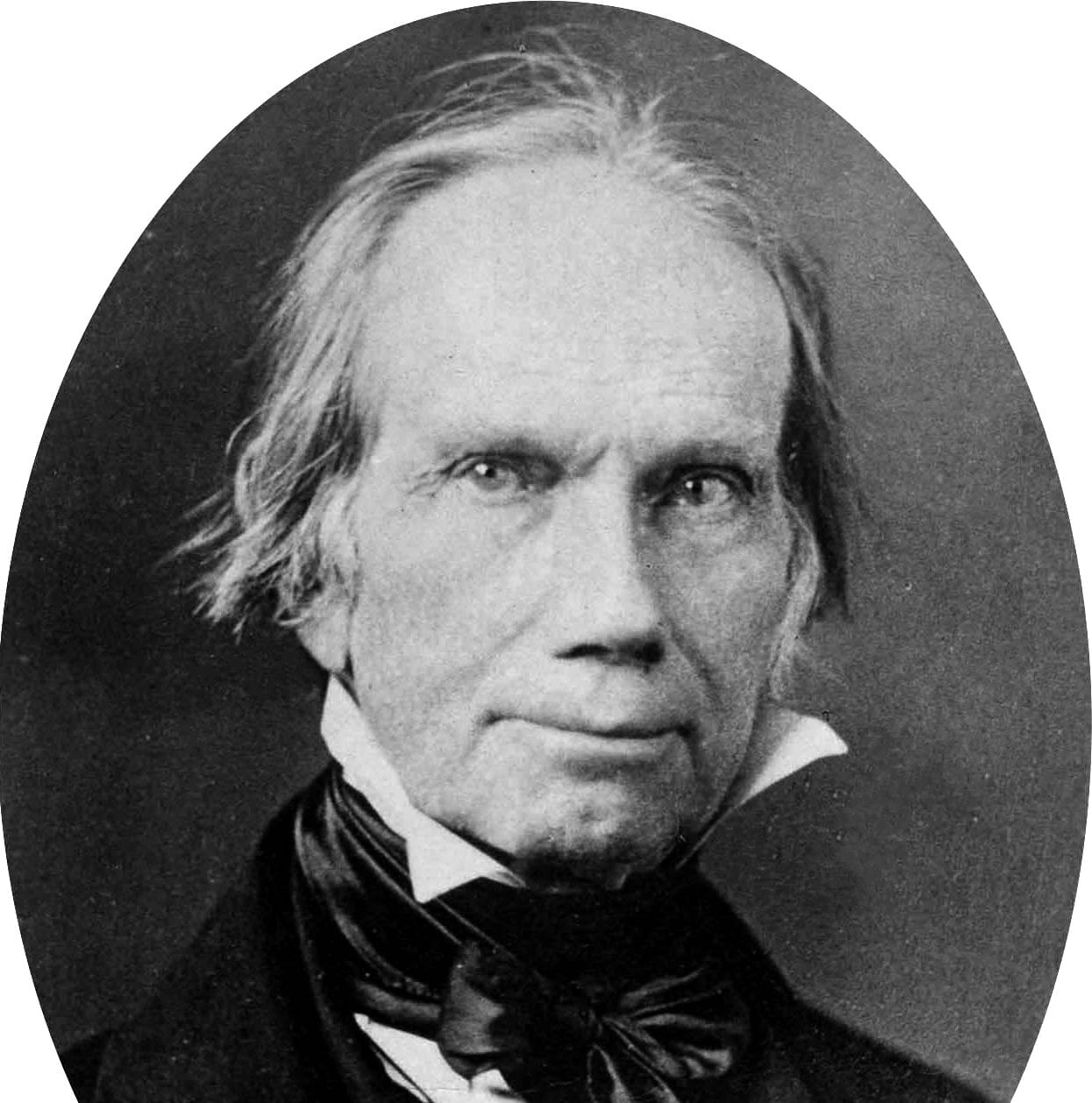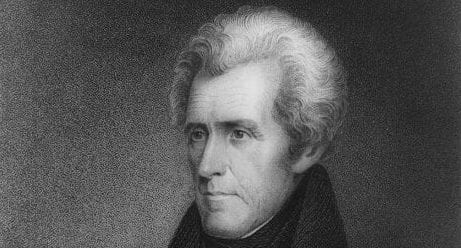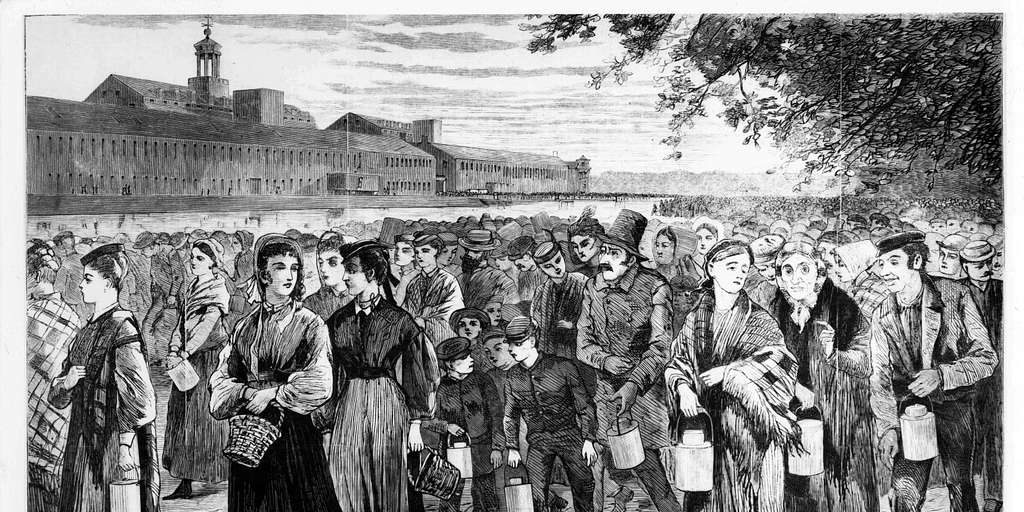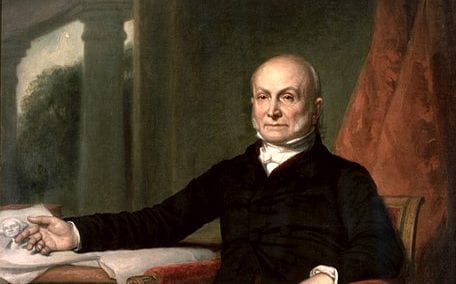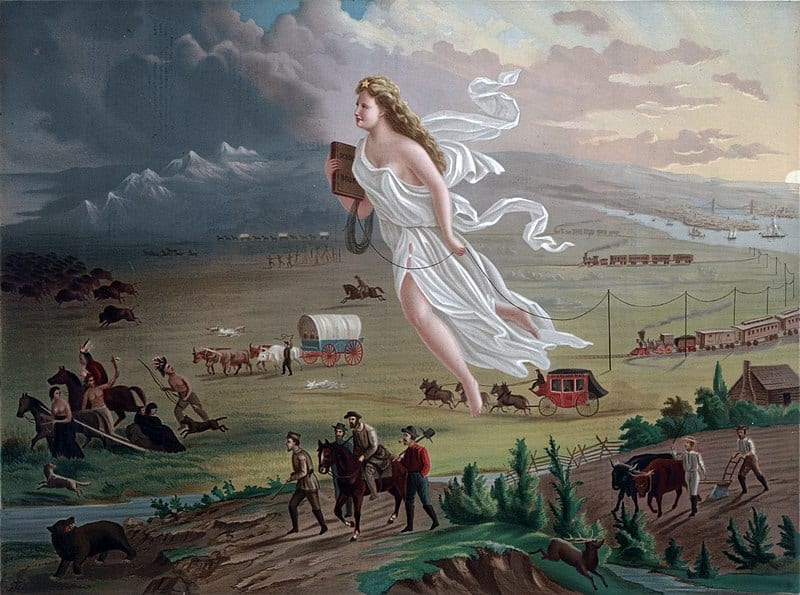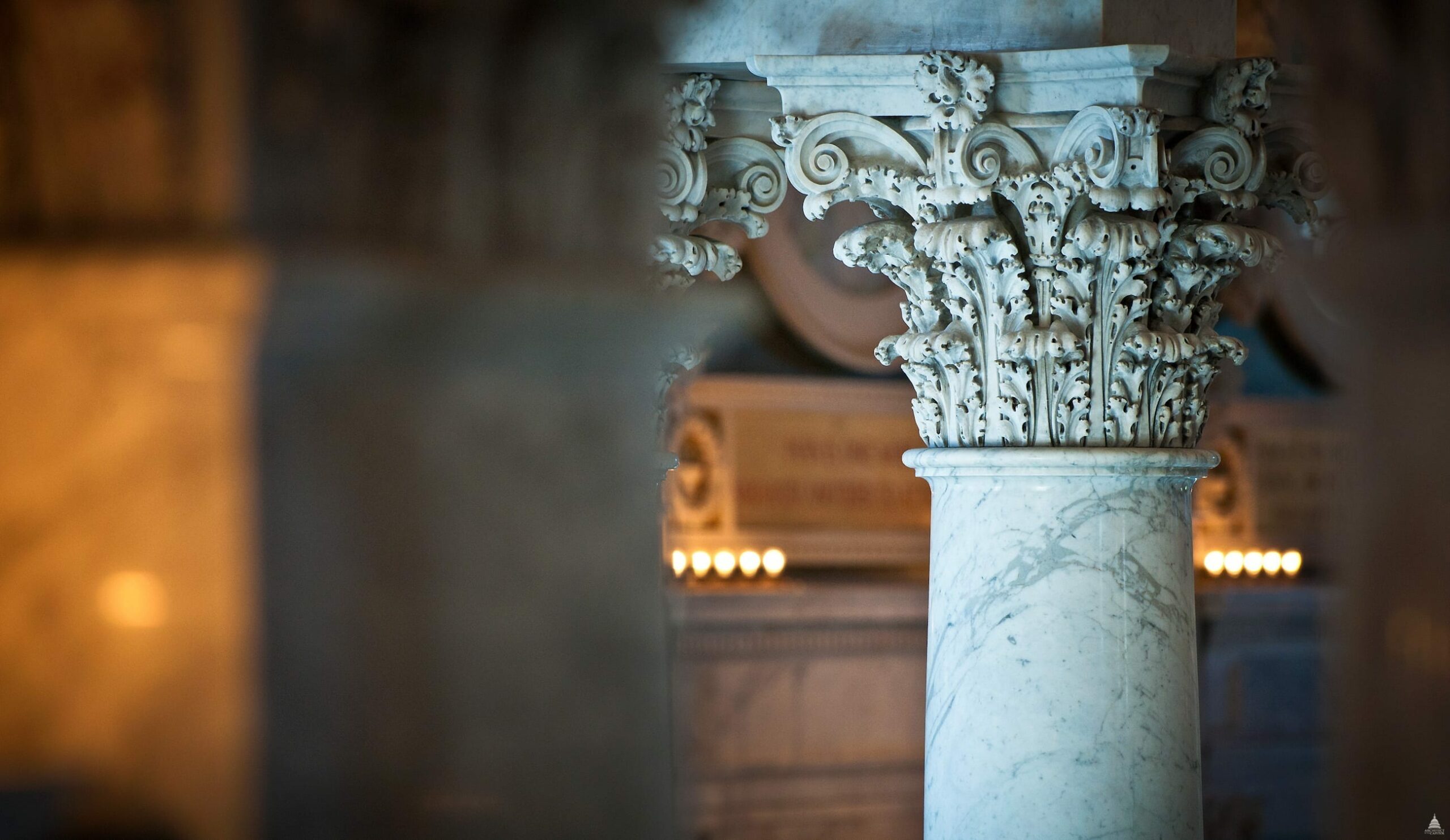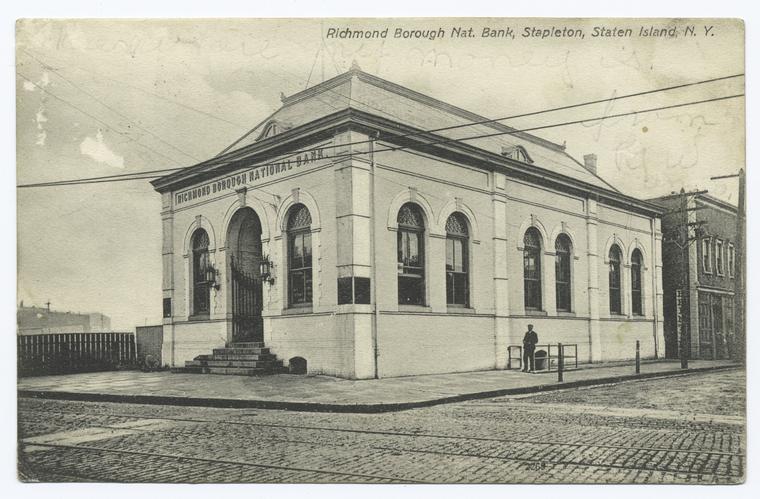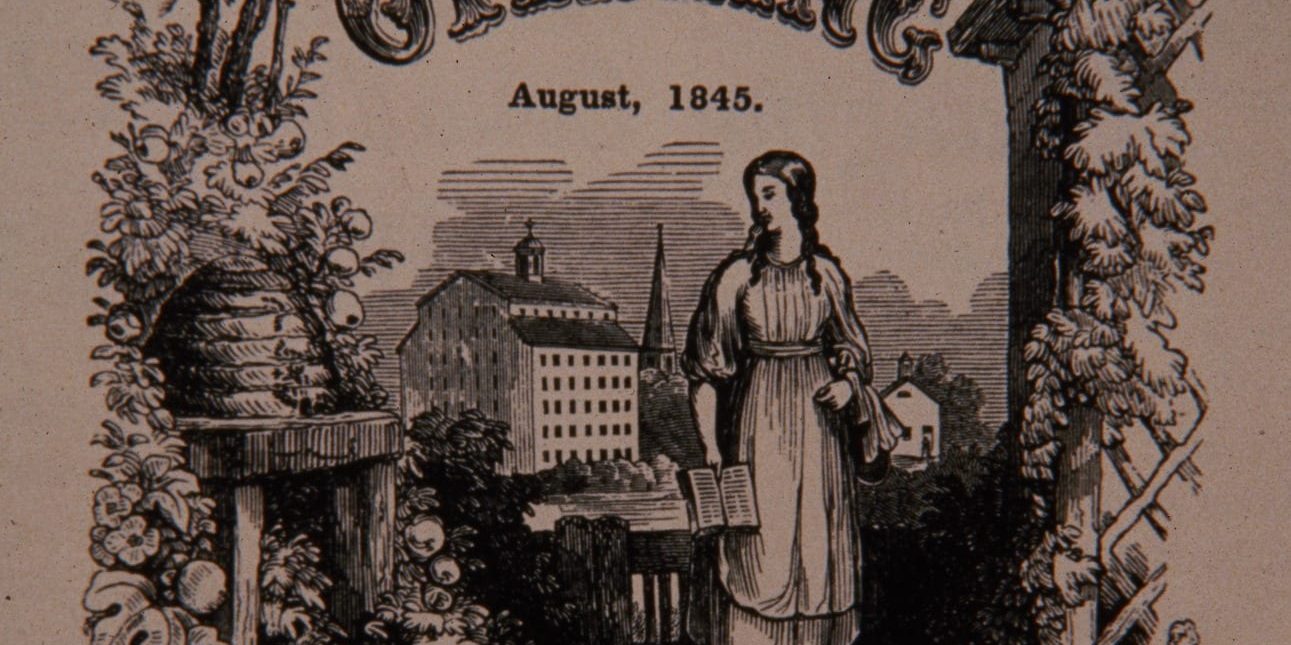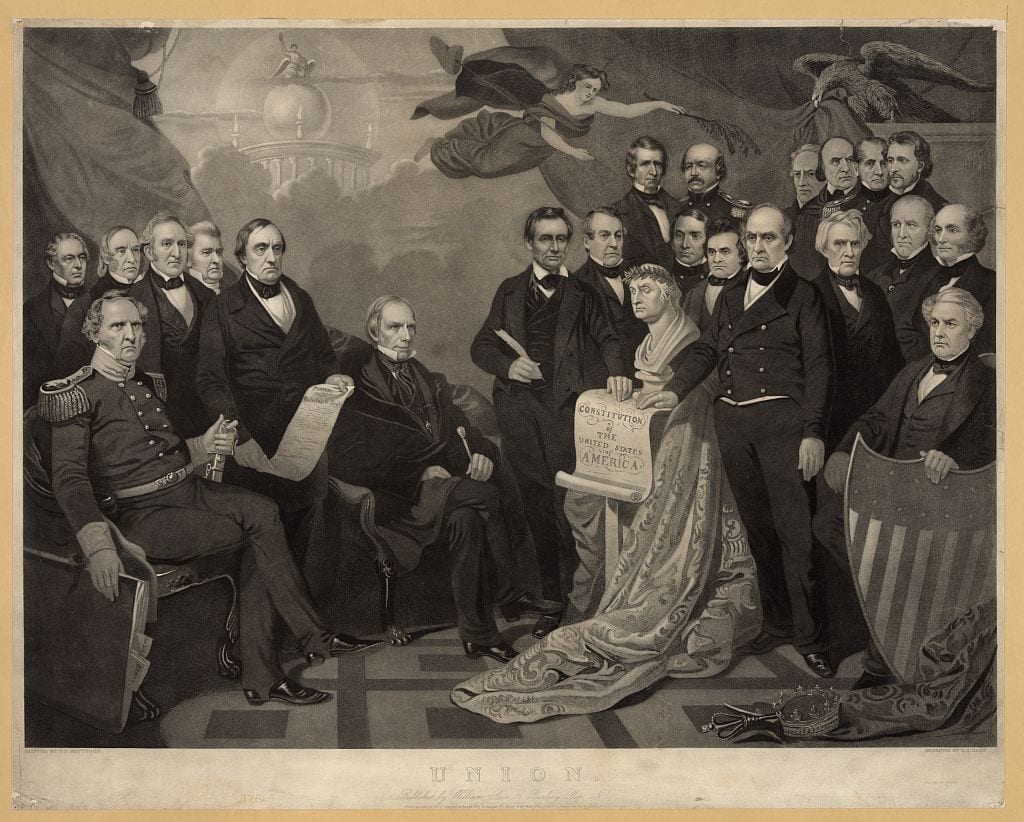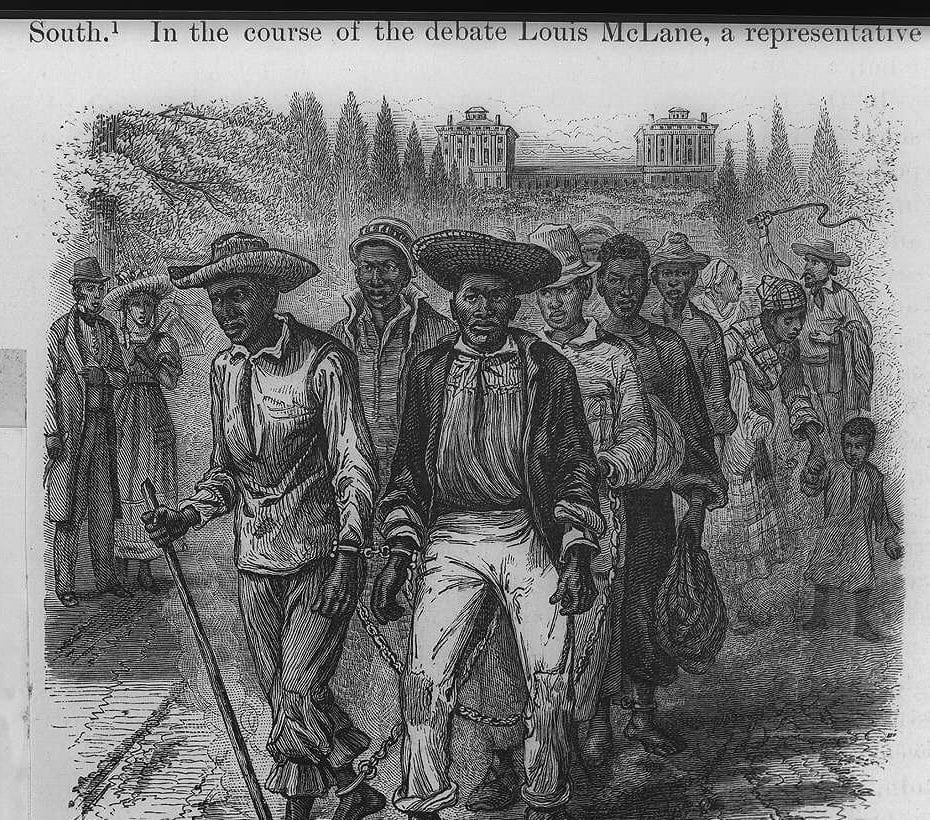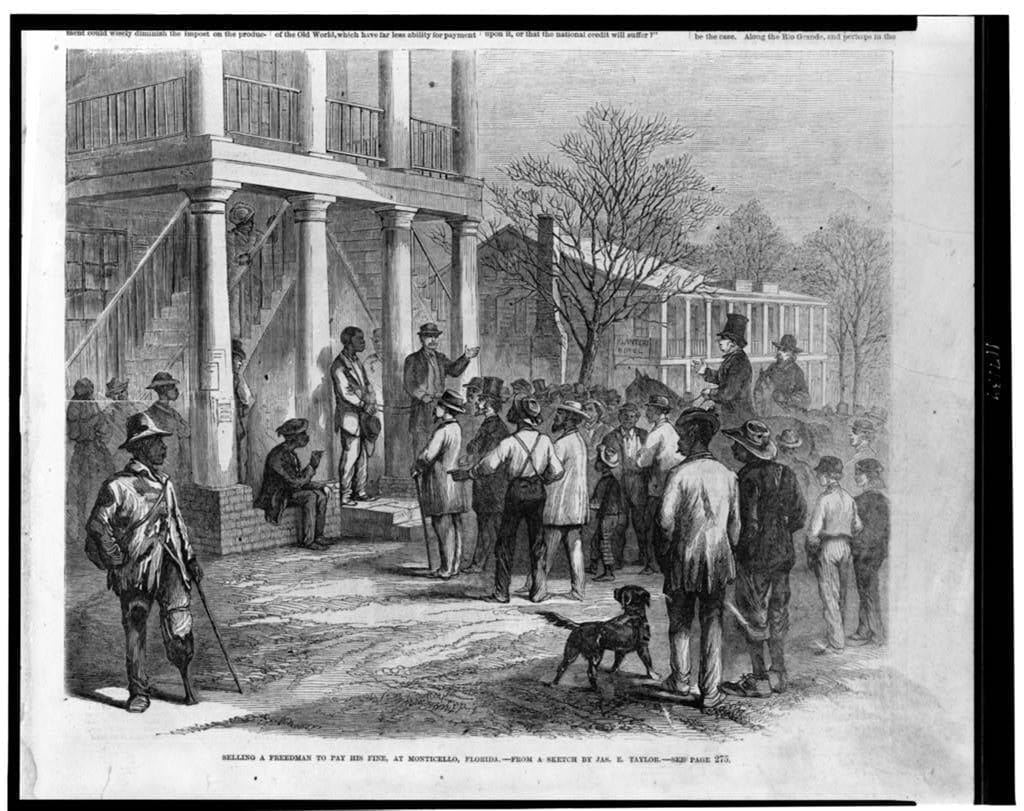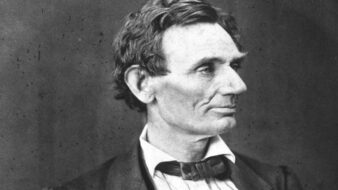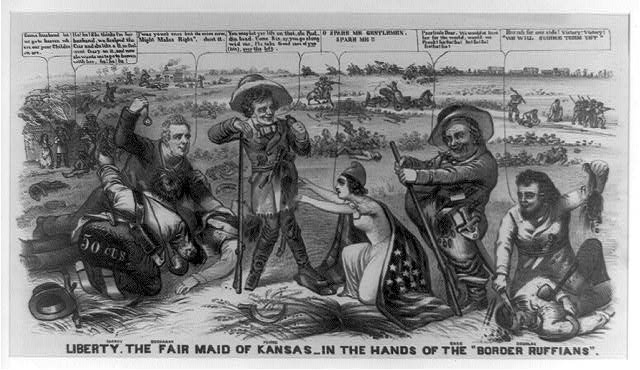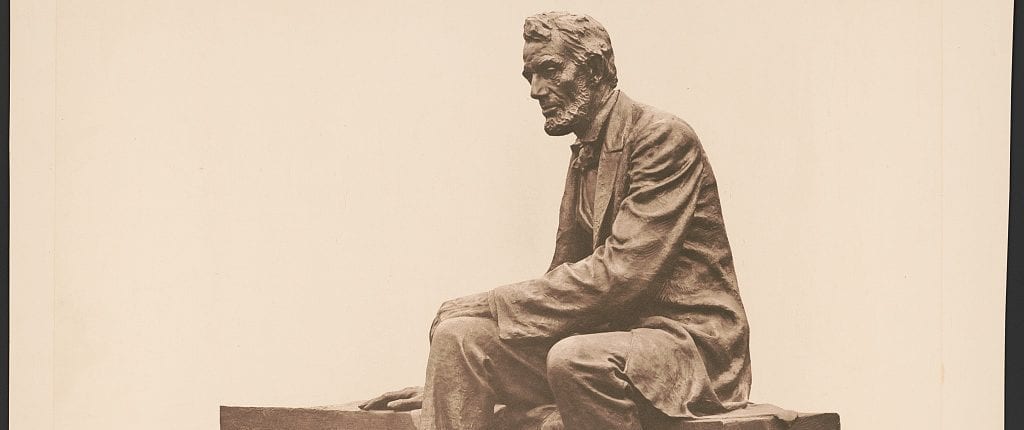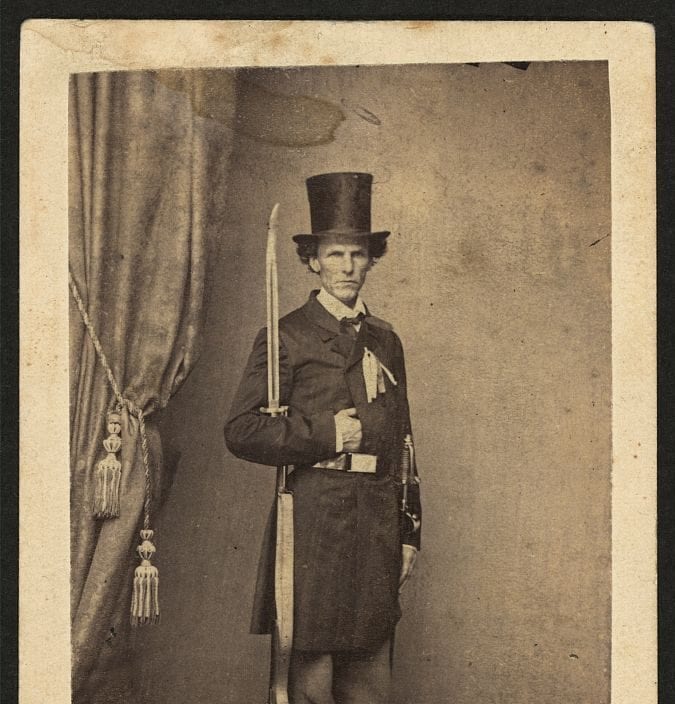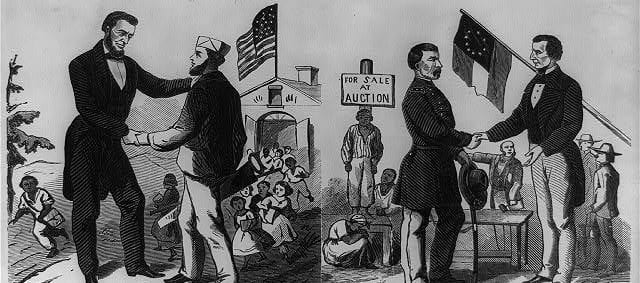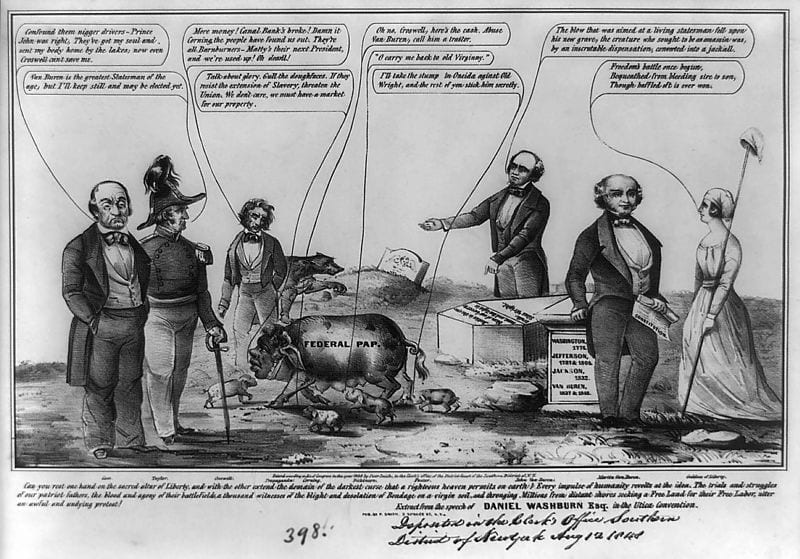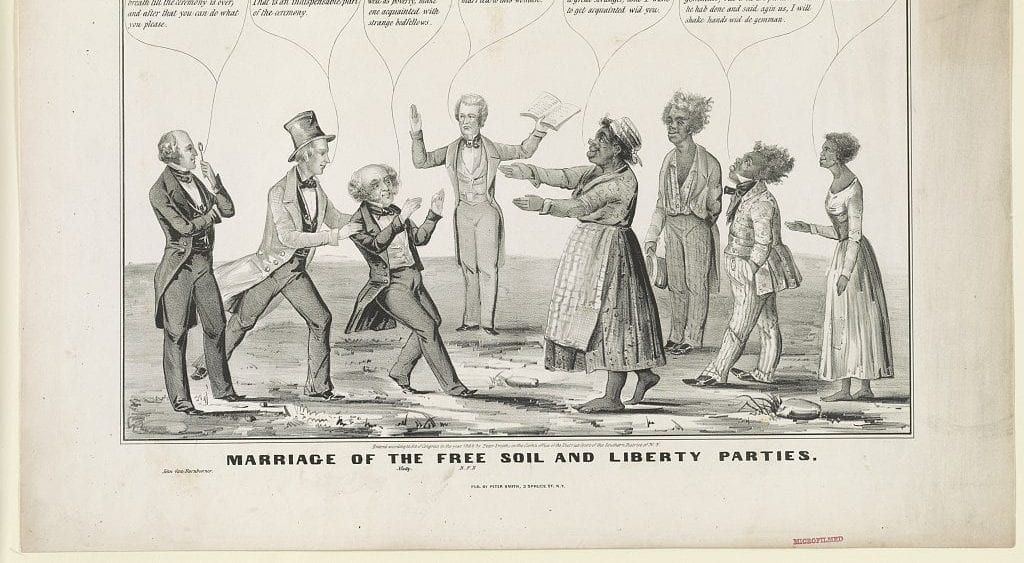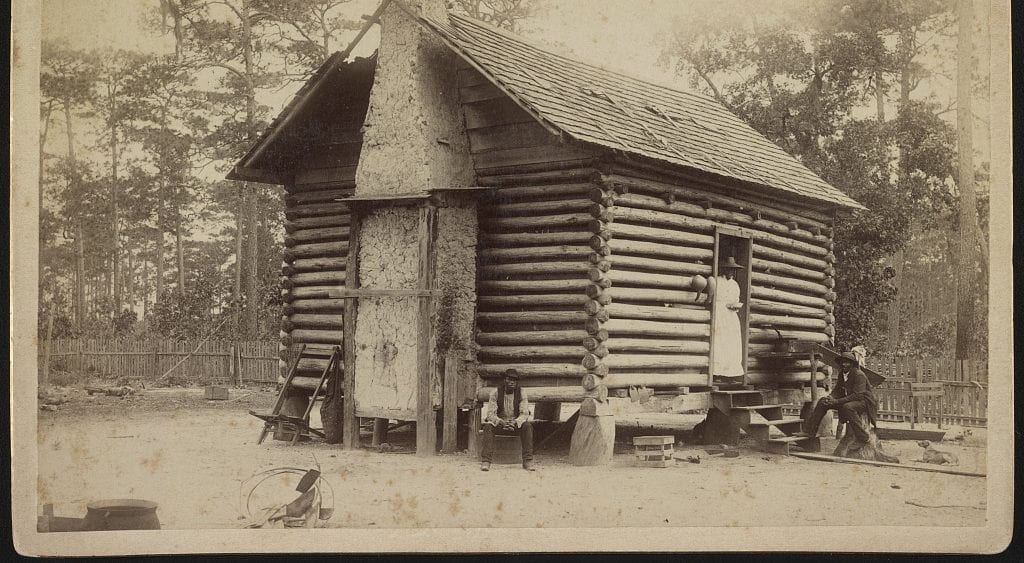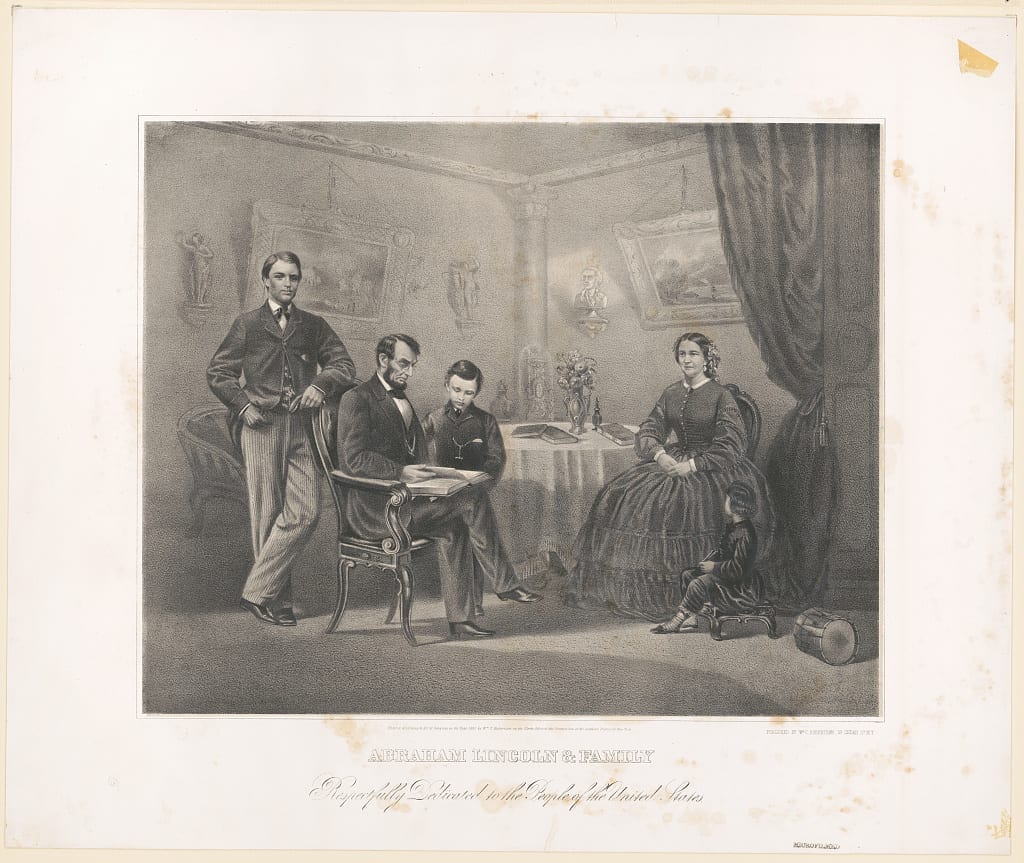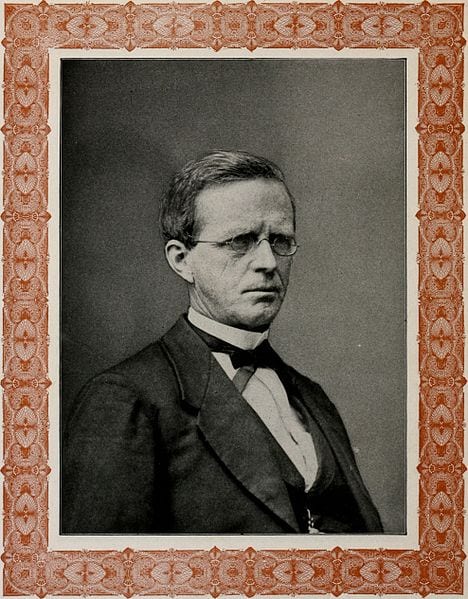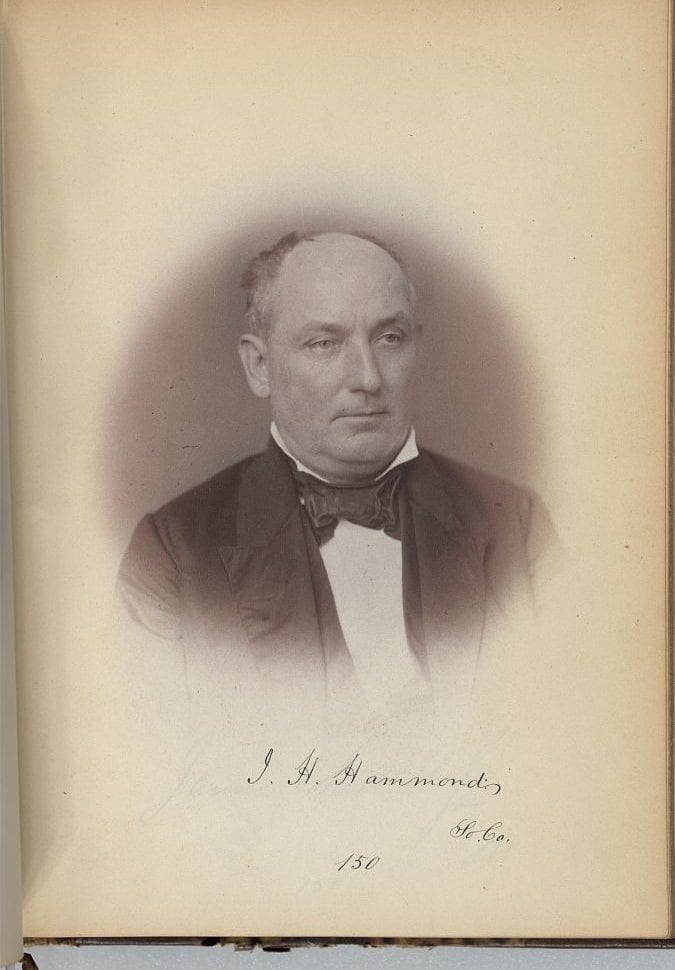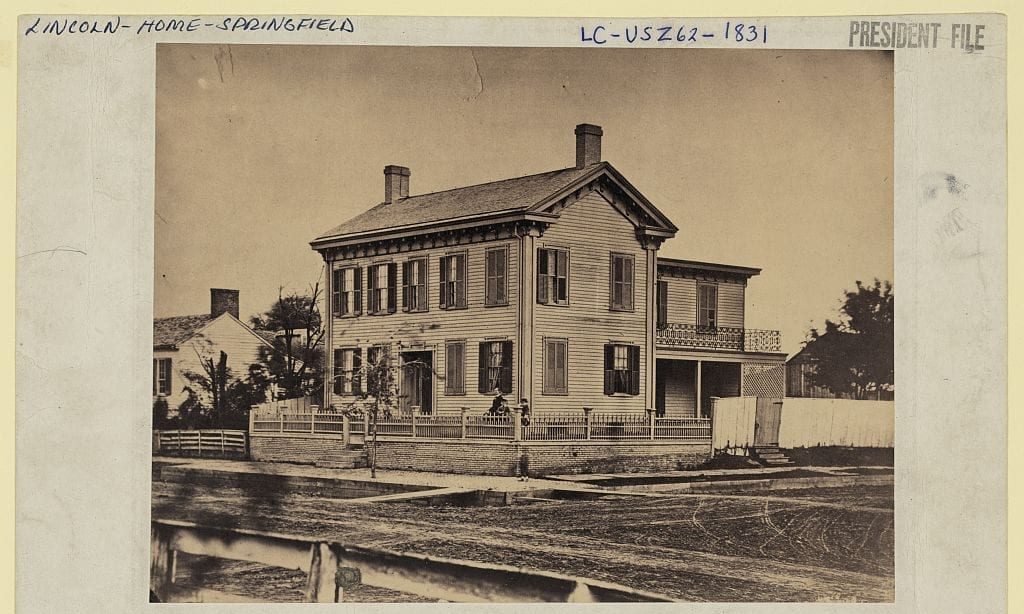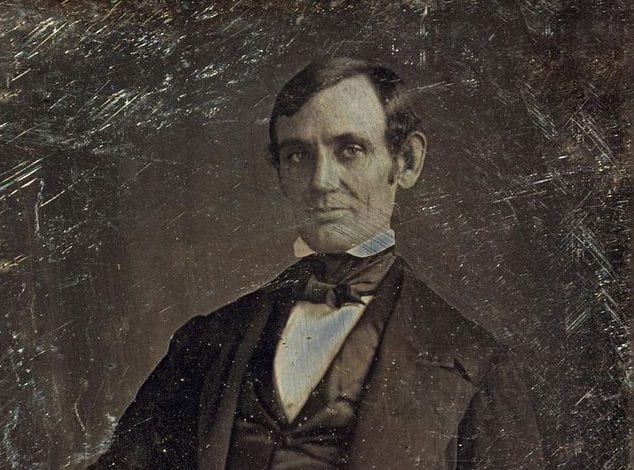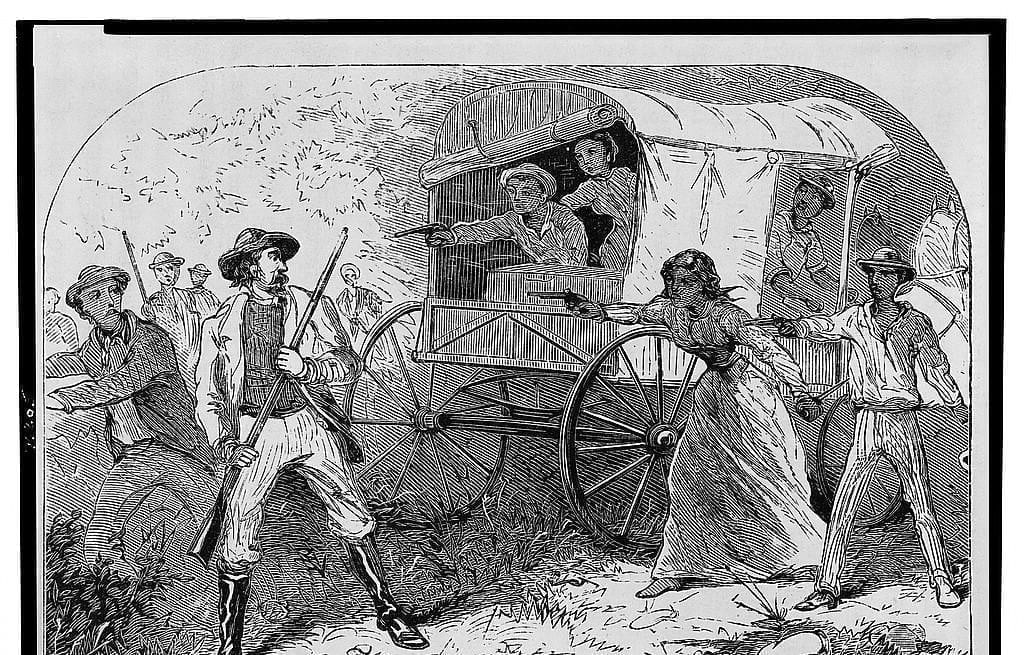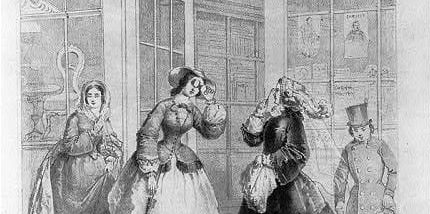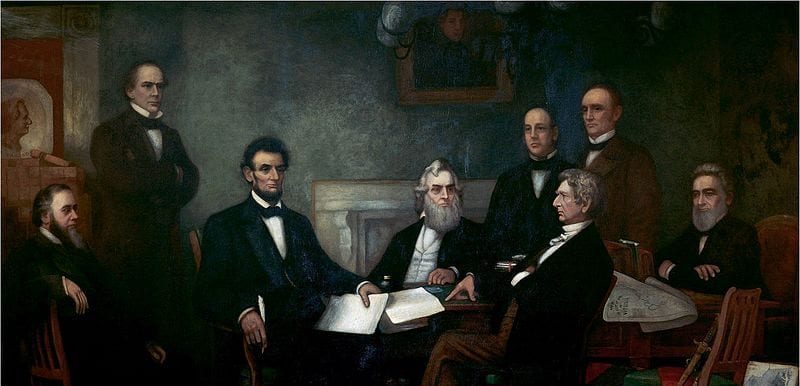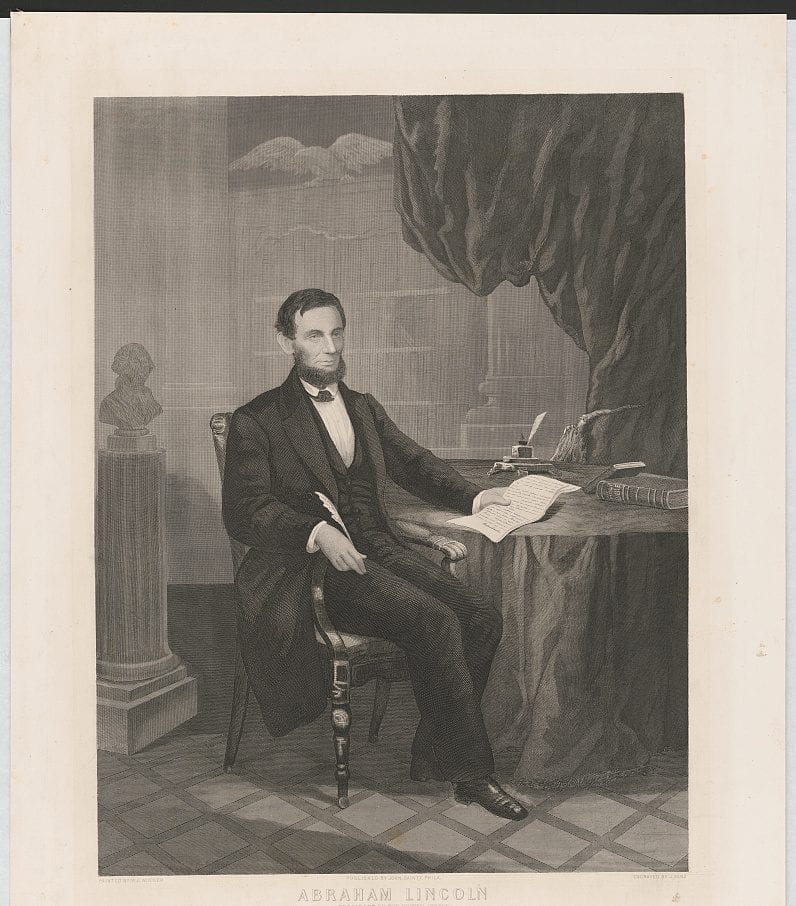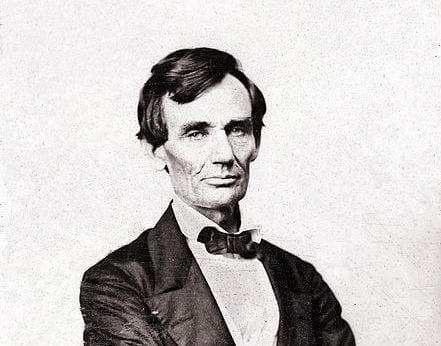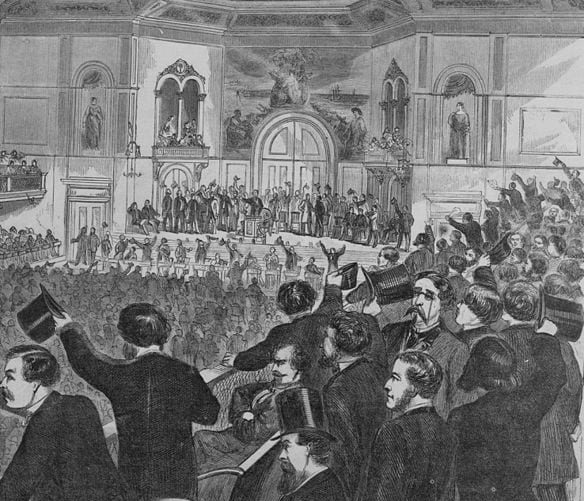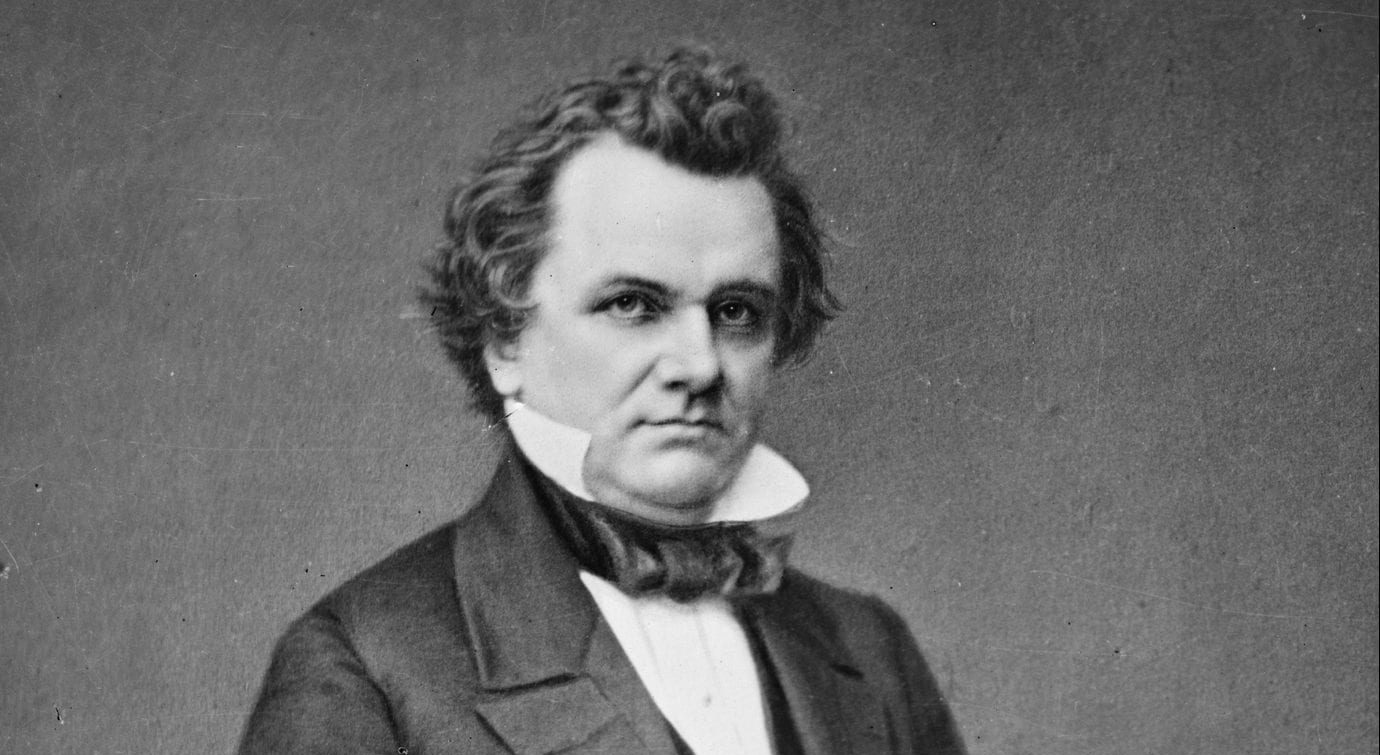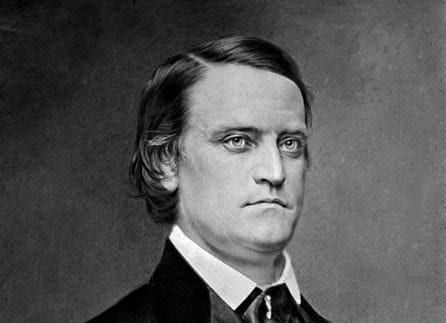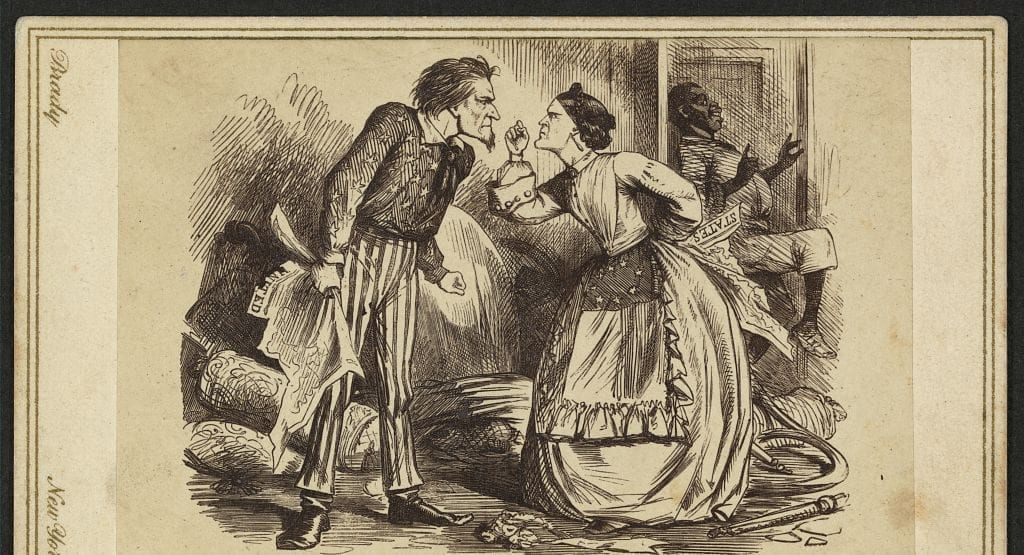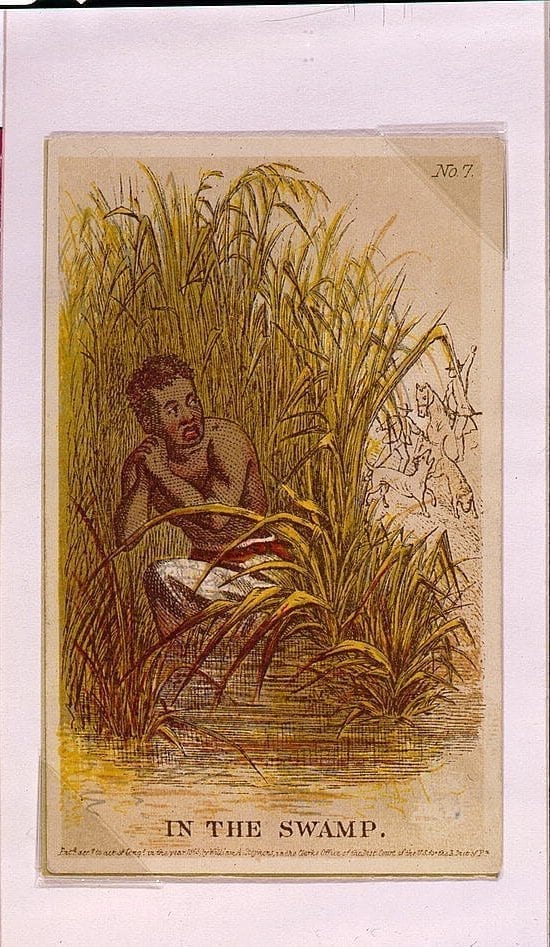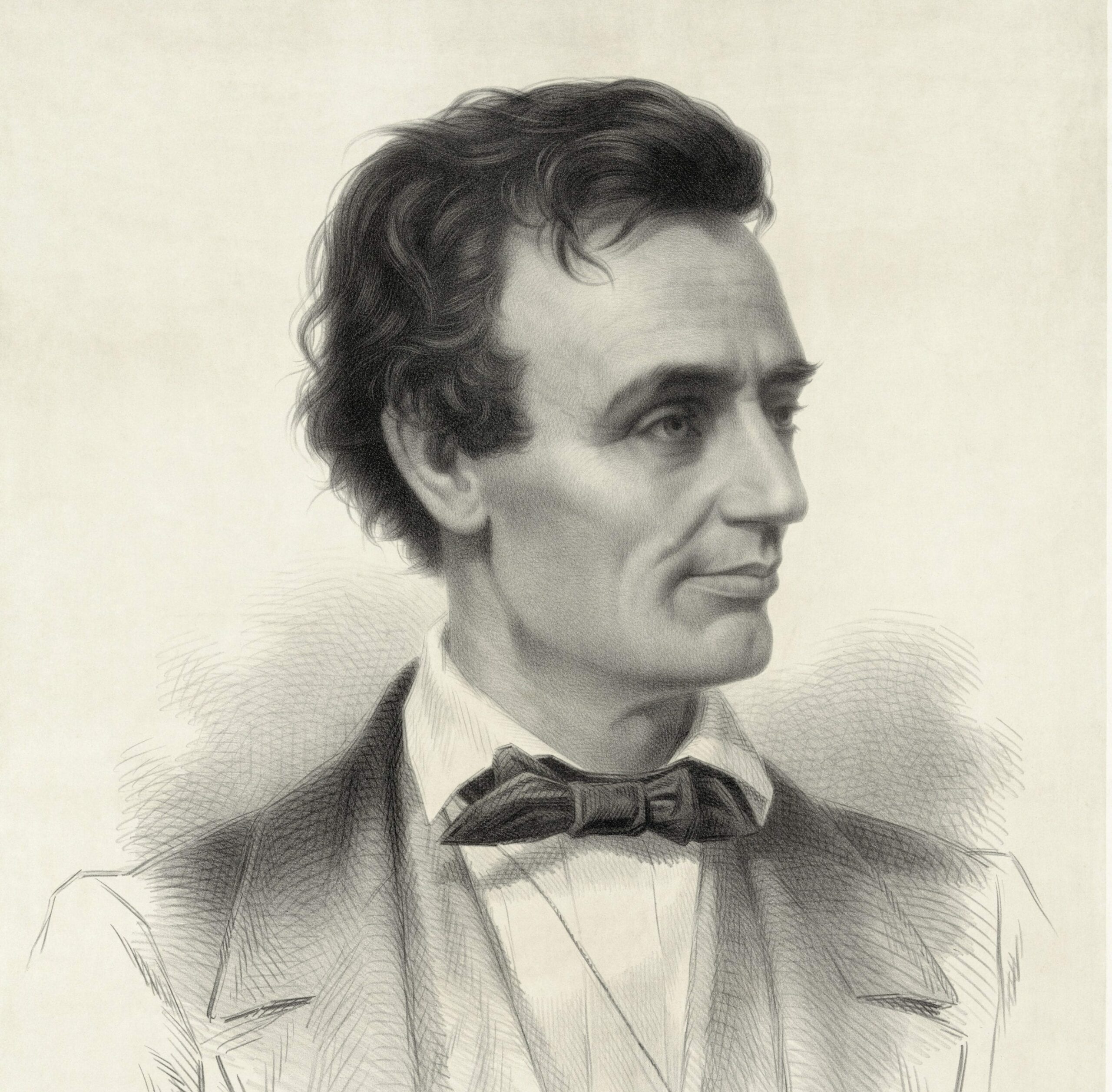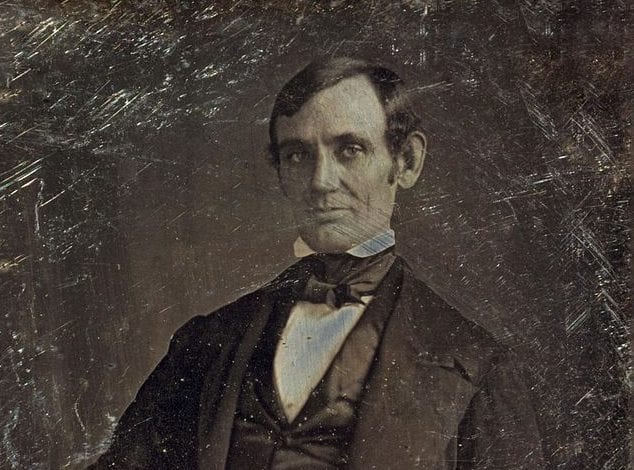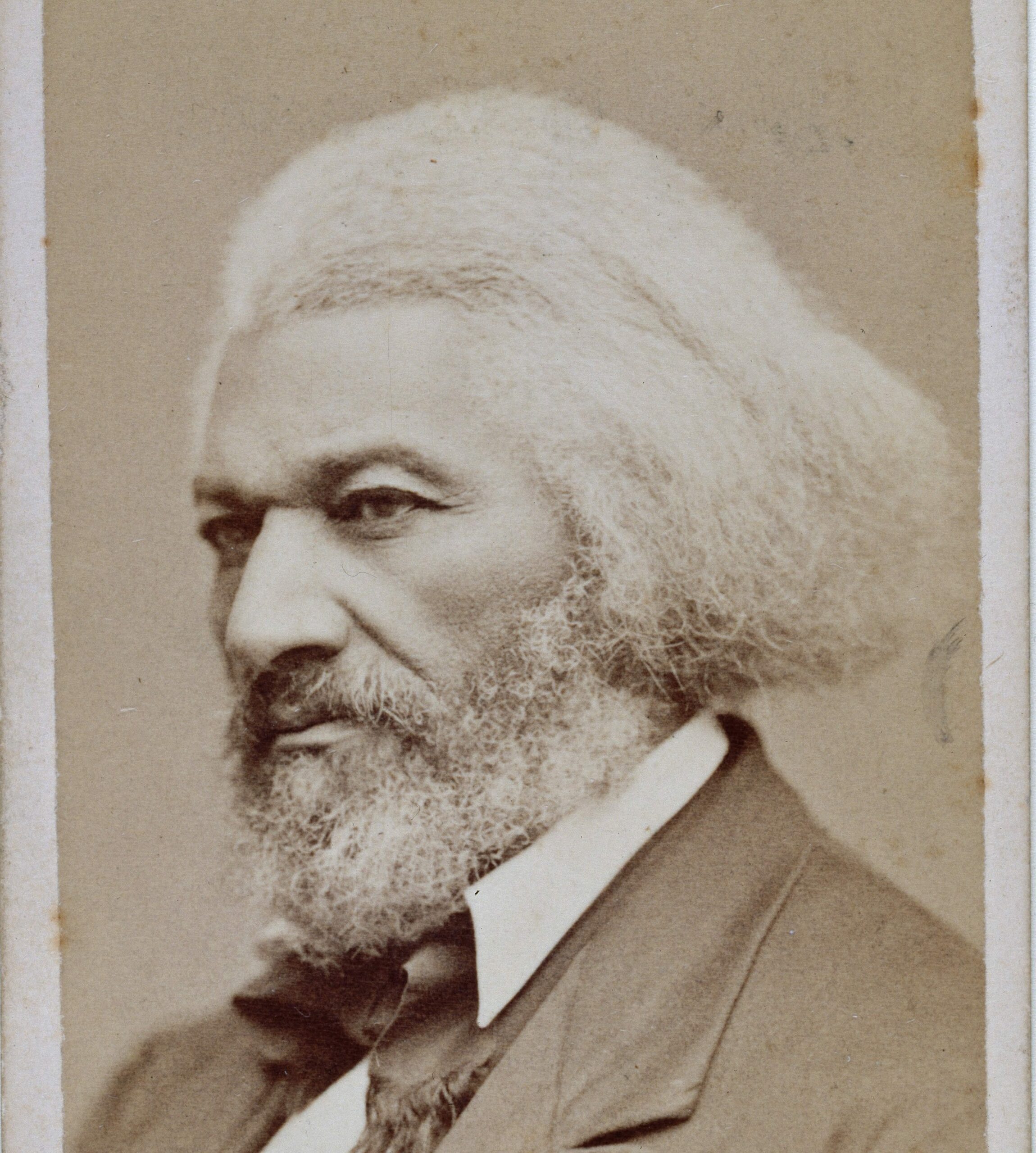
No study questions
No related resources
“But I entreated you to tell your readers what your objections are to the civilization and christianization of Africa. What objection have you to colored men in this country engaging in agriculture, lawful trade, and commerce in the land of my forefathers? What objection have you to an organization that shall endeavor to check and destroy the African slave trade, and that desires to co-operate with anti-slavery men and women of every grade in our own land, and to toil with them for the overthrow of American slavery? — Tell us, I pray you, tell us in your clear and manly style. ‘Gird up thy loins, and answer thou me, if thou canst.’” — Letter from Henry Highland Garnet
Hitherto we have allowed ourselves but little space for discussing the claims of this new scheme for the civilization of Africa, doing little more than indicating our dissent from the new movement, yet leaving our columns as free to its friends as to its opponents. We shall not depart from this course, while the various writers bring good tempter and ability to the discussion, and shall keep themselves within reasonable limits. We hope the same impartiality will be shown in the management of the Provincial Freeman, the adopted organ of the African Civilization Society. We need discussion among ourselves, discussion to rouse our souls to intenser life and activity. — “Communipaw” did capital service when he gave the subtle brain of Wm. Whipper a littler work to do, and our readers the pleasure of seeing it done. Anything to promote earnest thinking among our people may be held as a good thing in itself, whether we assent to or dissent from the proposition which calls it forth.
We say this much before entering upon a compliance with the request of our friend Garnet, lest any should infer that the discussion now going on is distasteful to us, or that we desire to avoid it. The letter in question from Mr. Garnet is well calculated to make that impression. He evidently enjoys a wholesale confidence, not only in the goodness of his own cause, but in his own ability to defend it. — Sallying out before us, as if in “complete steel,” he entreats us to appear “in manly style,” as if the contest were one requiring all our strength and activity. “Answer me thou if thou canst?” — As if an answer were impossible. Not content with this, he reminds us of his former similar entreaties, thus making it our duty to reply to him, if for no better reason than respect and courtesy towards himself.
The first question put to us by Mr. Garnet is a strange and almost preposterous one. He asks for our ” to the civilization and christianization of Africa.” The answer we have to make here is very easy and very ready, and can be given without even taking the trouble to observe the generous advice to “gird up our loins.” We have not, dear brother, the least possible objection either to the civilization or to the christianization of Africa, and the question is just about as absurd and ridiculous as if you had asked us to “gird up our loins, ” and tell the world what objection Frederick Douglass has to the abolition of slavery, or the elevation of the free people of color in the United States! We not only have no objection to the civilization and Christianization of Africa, but rejoice to know that though the instrumentality of commerce, and the labors of faithful missionaries, those very desirable blessings are already being realized in the land of my fathers Africa.
Brother Garnet is a prudent man, and we admire his tact and address in presenting the issue before us, while we cannot assent entirely to its fairness. “I did not ask you for a statement of your preference of America to Africa.” That is very aptly said, but is it impartially said? Does brother Garnet think such a preference, in view of all the circumstances, a wise and proper one? Or is he wholly indifferent as to the preference or the other? He seems to think that our preferences have nothing to do with the question between us and the African Civilization Society, while we think that his preference touches the very bone of contention. The African Civilization Society says to us, go to Africa, raise cotton, civilize the natives, become planters, merchants, compete with the slave States in the Liverpool cotton market, and thus break down American slavery. To which we simply reply, “we prefer to remain in America;” and we do insist upon it, in very face of our respected friend, that that is both a direct and candid answer. There is no dodging, no equivocation, but so far as we are concerned, the whole matter is ended. You go there, we stay here, is just the difference between us and the African Civilization Society, and the true issue upon with co-operation with it or opposition to it must turn.
As long ago as last September, we gave our views at large on this subject, in answer to an eloquent letter from Benjamin Coates, Esq., the real, but not the ostensible head of the African Civilization movement.
Meanwhile we will state briefly, for the benefit of friend Garnet, seven considerations, which prevent our co-operation with the African Civilization Society.
1. No one idea has given rise to more oppression and persecution toward the colored people of this country, than that which makes Africa, not America, their home. It is that wolfish idea that elbows us off the sidewalk, and denies us the rights of citizenship. The life and soul of this Jesuitical and persistent teaching of the American Colonization Society. The natural and unfailing tendency of the African Colonization Society, by sending “around the hat” in all our towns and cities for money to sent colored men to Africa, will be to keep life and power in this narrow, bitter, and persecuting idea, that Africa, not America, is the Negro’s true home.
2. The abolition of American slavery, and the moral, mental and social improvement of our people, are objects of immediate, pressing and transcendent importance, involving a direct and positive issue with the pride and selfishness of the American people. The prosecution of this grand issue against all the principalities and powers of church and state, furnishes ample occupation for all our time and talents; and we instinctively shrink from any movement which involves a substitution of a doubtful and indirect issue, for one which is direct and certain, for we believe that the demand for abolition of slavery now made in the name of humanity, and according to the law of the Living God, though long delayed, will, if faithfully pressed, certainly triumph. — The African Civilization Society proposes to plant its guns too far from the battlements of slavery for us. Its doctrines and measures are those of doubt and retreat, and it must land just where the American Colonization Movement landed, upon the lying assumption, that white and black people can never live in the same land on terms of equality. Detesting this heresy as we do, and believing it to be full of all “deceivableness” of unrighteousness, we shun the paths that lead to it, no matter what taking names they bear, or how excellent the men who bid us to walk in them.
3. Among all the obstacles to the progress of civilization and of christianity in Africa, there is not one so difficult to overcome as the African slave trade. No argument is needed to make this position evident. The African Civilization Society will doubtless assent to its truth. Now, so regarding the slave trade, and believing that the existence of slavery in this country is on of the strongest props of the African slave trade, we hold that the best way to put down the slave trade, and to build up civilization in Africa, is to stand our ground and labor for the abolition of slavery in the U.S. But for slavery here, the slave trade would have been long since swept from the ocean by the united navies of Great Britain, France, and the United States. The work, therefore, to which we are naturally and logically conducted, as the one of primary importance, is to abolish slavery. We thus get the example of a great nation on the right side, and break up, so far as America is concerned, a demand for the slave trade. More will have been done. The enlightened conscience of our nation, through its church and government, and its press, will be let loose against slavery and the slave trade wherever it is practiced.
4. One of our chief considerations upon with the African Civilization Society is recommended to our favorable regard, is its tendency to break up the slave trade. We have looked at this recommendation, and find no reason to believe that any one man in Africa can do more for the abolition of that trade, while living in Africa, than while living in America. If we cannot make Virginia, with all her enlightenment and christianity, believe that there are better uses for her energies than employing them in breeding slaves for the market, we see not how we can expect to make Guinea, with its ignorance and savage selfishness, adopt our notions of political economy. Depend upon it, the savage chiefs on the western coast of Africa, who for ages have been accustomed to selling their captives into bondage, and pocketing the ready cash for them, will not more readily see and accept our moral and economical ideas, than the slave-traders of Maryland and Virginia. We are, therefore, less inclined to go to Africa to work against the slave-traders, than to stay here to work against it. Especially as the means for accomplishing our objects are quite as promising here as there, and more especially since we are here already, with constitutions and habits suited to the country and its climate, and to its better institutions.
5. There are slaves in the United States to the number of four millions. They are stigmatized as an inferior race, fit only for slavery, incapable of improvement, and unable to take care of themselves. Now, it seems plain that here is the place, and we are the people to meet and put down these conclusions concerning our race. Certainly there is no place on the globe where the colored man can speak to a larger audience, either by precept or by example, than in the United States.
6. If slavery depended for its existence upon the cultivation of cotton, and were shut up to that single production, it might even be fairly questioned whether any amount of cotton culture in Africa would materially affect the price of that article in this country, since demand and supply would go on together. But the case is very different. Slave labor can be employed in raising anything which human labor and the earth can produce. If one does not pay, another will, Christy says, “Cotton is King,” and our friends of the African Civilization movement are singing the same tune; but clear enough it must appear to common sense that “King Cotton” in America has nothing to fear from King Cotton in Africa.
7. We object to enrolling ourselves among the friends of that new Colonization scheme, because we believe that our people should be let alone, and given a fair chance to work out their own destiny where they are. We are perpetually kept, with wandering eyes and open mouths, looking out for some mighty revolution in our affairs here, which is to remove us from this country. The consequence is, that we do not take a firm hold upon the advantages and opportunities about us. Permanent location is a mighty element of civilization. In a savage state men roam about, having no continued abiding place. They are “going, going, going.” Towns and cities, houses and homes, are only built up by men who had long enough to build them. There is a powerful motive for the cultivation of an honorable character, in the fact that we have a country, a neighborhood, a home. The full effect of this motive has not hitherto been experienced by our people. When in slavery, we are liable to perpetual sales, transfers and removals; and no that we are free, we are doomed to be constantly harassed with schemes to get us out of the country. We are quite tired of al this, and wish no more of it.
To all this it will be said that Douglass is opposed to our following the example of the white men. They are pushing East, West, North, and South. They are going to Oregon, Central America, Australia, South Africa and all over the world. Why should we not have the same right to better our condition that other men have and exercise? Any man who says that we deny this right, or even object to its exercise, only deceives the ignorant by such representations.
If colored men are convinced that they can better their condition by going to Africa, or anywhere else, we shall respect them if they will go, just as we respect others who have gone to California, Fraser Island, Oregon and the West Indies. They are self-moved, self-sustained, and their success or failure is their own individual concern. But widely different is the case, when men combine, in societies, under taking titles, send out agents to collect money, and call upon us to help them travel from continent to continent to promote some selfish or beneveolent end. In the one case, it is none of our business where our people go. —They are of age, and can act for themselves. — But when they ask the public to go, of for money, sympathy, aid, or co-operation, or attempt to make it appear anybody’s duty to go, the case ceases to be a private individual affair, and becomes a public question, and he who believes that he can make a better use of his time, talents, and influence, than such a movement proposes for him, may very properly say so, without in any measure calling in question the equal right of our people to migrate.
Again it may be said that we are opposed to sending the Gospel to benighted Africa; but this is not the case. The American Missionary Society, in its rooms at 48 Beekman Street, has never had occasion to complain of any such opposition, nor will it have such cause. But we will not anticipate the objections which may be brought to the foregoing views. They seem to us sober, rational, and true; but if otherwise, we shall be glad to have them honestly criticized.

Conversation-based seminars for collegial PD, one-day and multi-day seminars, graduate credit seminars (MA degree), online and in-person.














